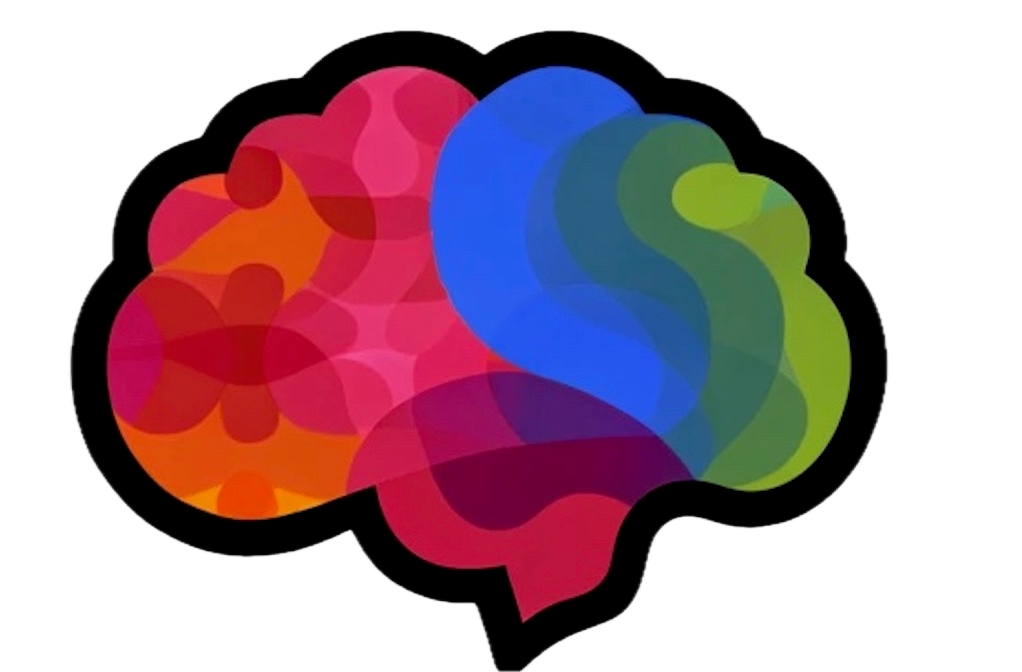Join one of the industry’s most popular, engaging, and entertaining ethics sessions!
Qualifies for NASBA and state-specific ethics requirements in most states, including Ohio PSR. No-risk purchase—if you can’t attend on 7/23, your ticket gives you access to multiple replays or a full refund.
Codes of ethics, ethics training, and “tone at the top” are expected to improve ethical behavior. But do they? Research shows that not only can these traditional initiatives be unhelpful, but they can harm ethical reasoning! Instead of looking at how people are “supposed” to behave, this class examines how people actually make ethical decisions in the real world. We will explain how ethics codes can cause unethical behavior, why we misunderstand the influence of tone at the top, and why people betray their own ethical beliefs.
Major Subjects:
- Why ethics codes fail
- How tone at the top affects organizational decision-making
- Why traditional ethics training results in ethical failures
- How to recognize unconscious defense mechanisms
- Making ethical decisions under pressure
Learning objectives:
- Distinguish between characteristics of effective versus ineffective ethics codes
- Identify at least one common misunderstanding about tone at the top
- Recognize why traditional ethics training doesn’t improve ethical reasoning
Field of Study: Behavioral Ethics
CPE Hours: 3
Instructional Delivery Method: Group Internet Based
Program Level: Intermediate
Prerequisites: At least 1 year in business
Advance preparation: Not required
Designed for: Analysts, auditors, governance and compliance professionals, and those working in the IT, HR, legal, and medical professions as well as executives, policymakers, and other decision-makers interested in having a deeper understanding of ethical reasoning.







